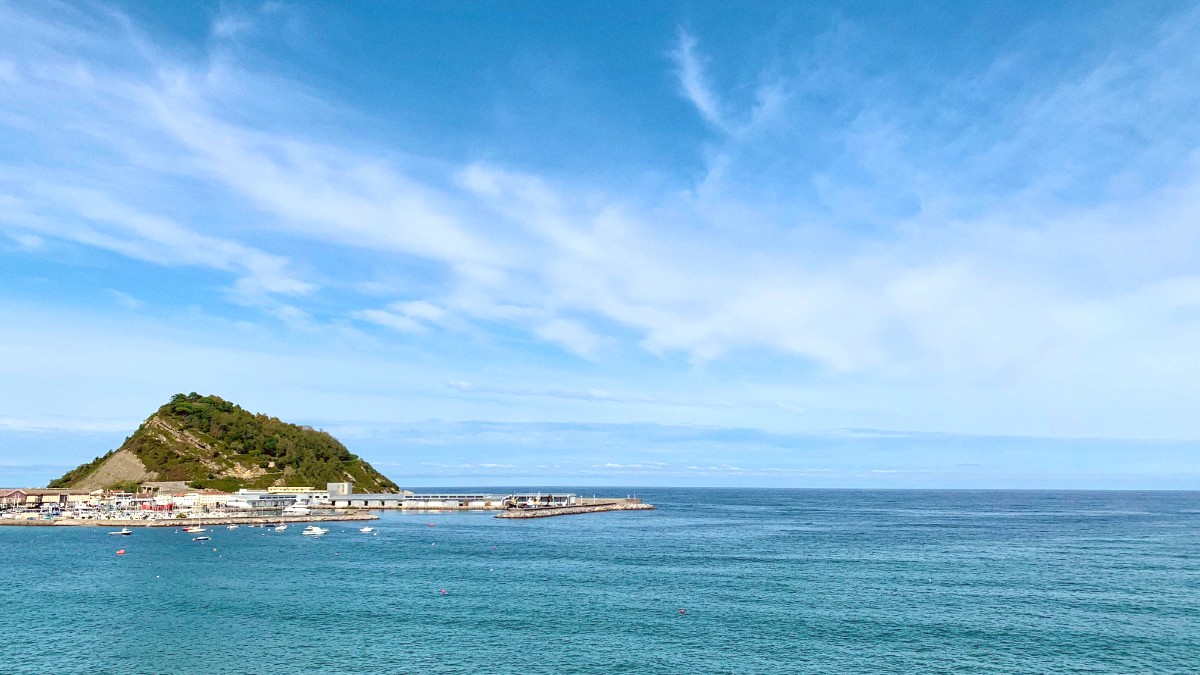
Greece
Evia is a genuine look at Greek life, natural beauty, and ancient history. Expect a journey filled with discovery, from thermal springs to secluded beaches and historic towns.
Evia’s extensive coastline presents a wide variety of beaches. This includes popular sandy stretches with amenities and secluded pebble coves. Large forested areas cover many parts of the island, especially in the north. This offers a green contrast to the Aegean blue.
This diverse geography means a range of experiences, whether mountain treks, beach days, or rural exploration.
Evia's history dates back millennia. Ancient city-states like Eretria and Chalkida stood as powers, rivaling Athens. Their strategic location rendered them important trading centers and naval bases.
Throughout history, many empires influenced Evia. Roman, Byzantine, Venetian, and Ottoman rulers each left their mark on the island's culture and architecture. Explore Venetian castles, Ottoman mosques, and Byzantine monasteries. These structures show the island’s layered past.
The Euripus Strait at Chalkida.
Known for its unique tidal phenomenon.
The water flow reverses direction several times a day.
This natural wonder has puzzled observers for centuries.
It adds to the island’s mystique.
Evia’s long history presents a rich backdrop for any visit. It offers insights into Greece’s broader narrative.
From ancient Greek temples to medieval fortresses, the remnants of diverse civilizations dot the landscape, inviting exploration.
Significant archaeological sites, like Eretria, showcase ancient theaters, temples, and mosaics. These sites offer a direct look into the lives and achievements of Evia's early inhabitants.
Evia's historical depth adds a compelling dimension to its natural beauty, inviting connection with Greek heritage.
Evia is a genuine Greek experience, often less crowded than the Cyclades. Expect a warm Mediterranean climate, with hot, dry summers and mild, wet winters.
The shoulder seasons (spring and autumn) present pleasant temperatures, fewer tourists, and good value.
Public buses connect major towns, but a rental car is a good consideration for exploring remote areas.
Options range from family-run guesthouses to spa hotels, specifically in Edipsos.
Focus on fresh seafood, local produce, and traditional Greek dishes. Enjoy slow-paced meals at tavernas.
Activities include hiking, watersports, and exploring ancient sites.